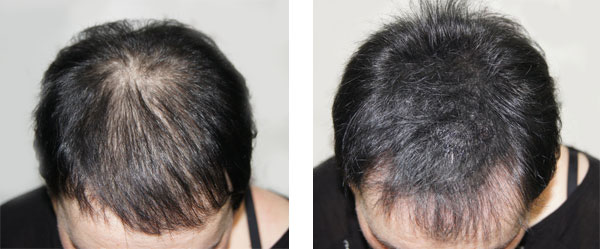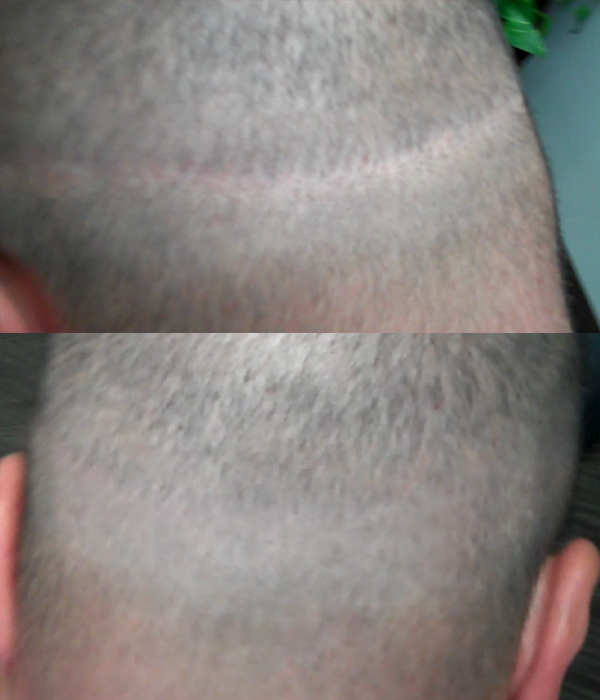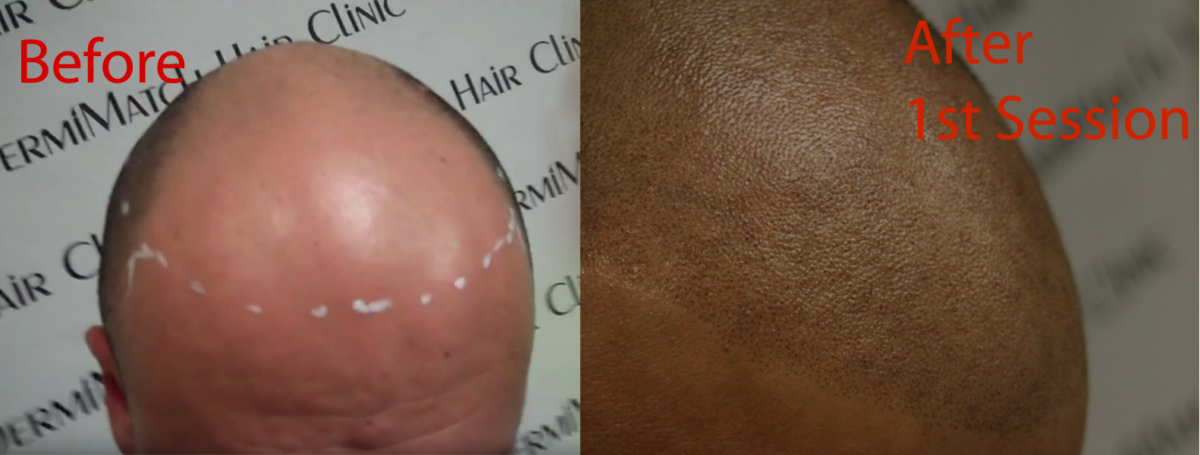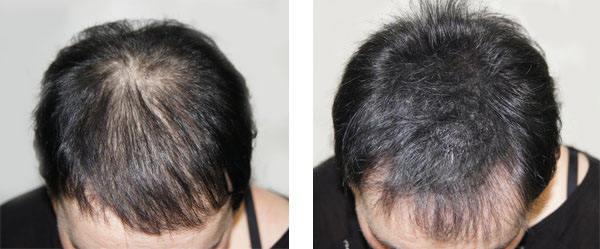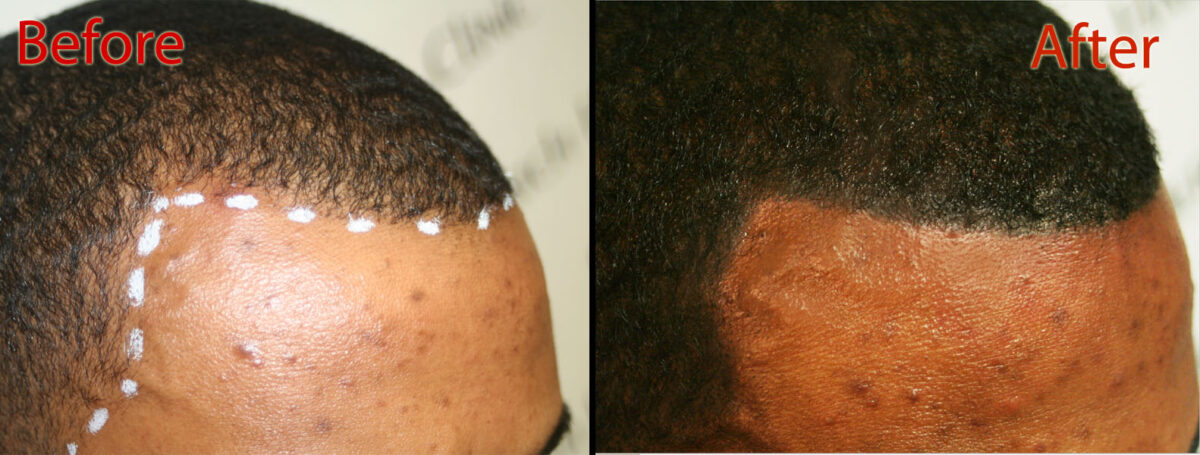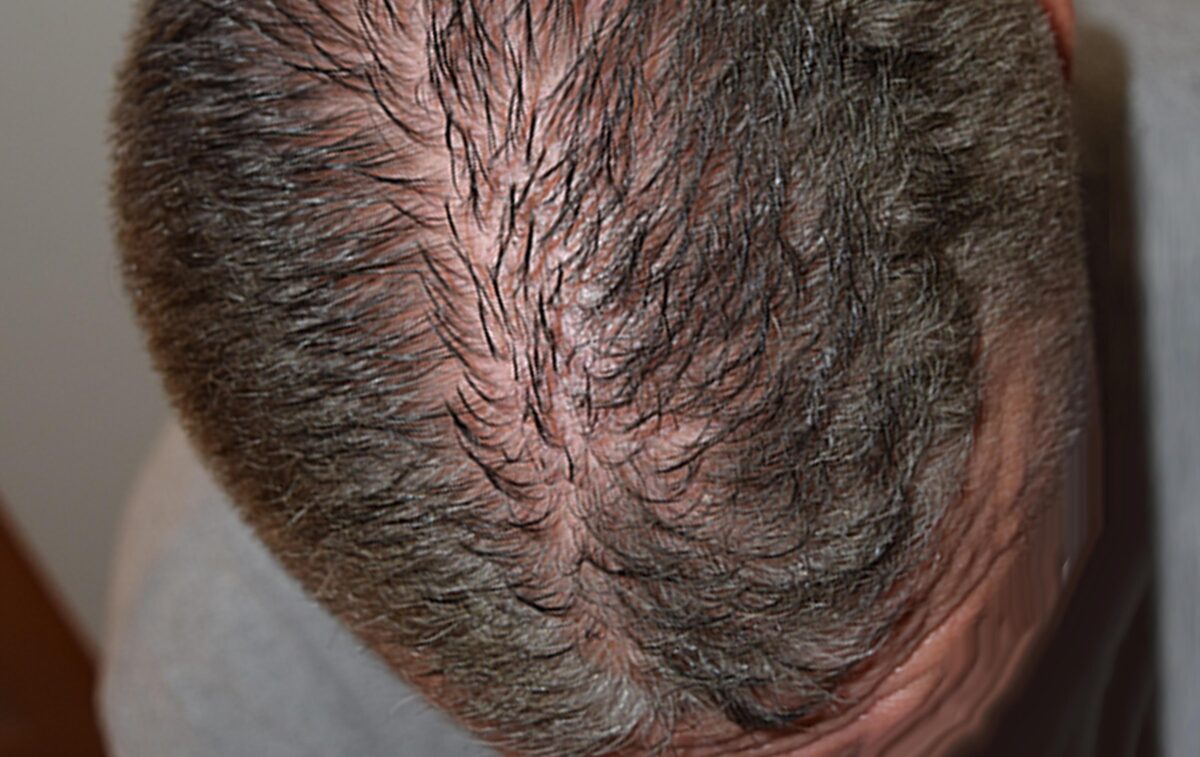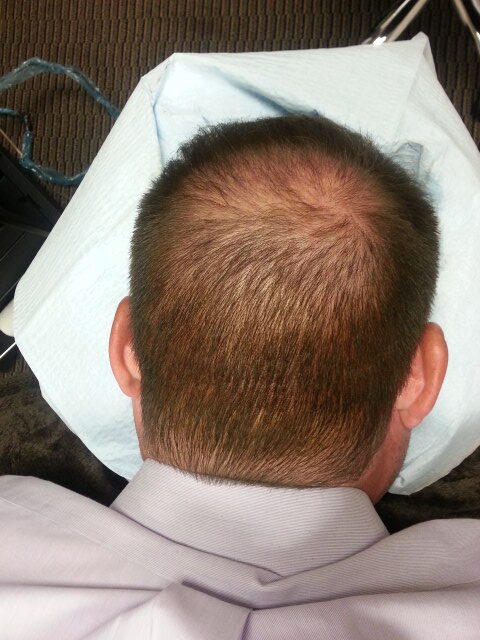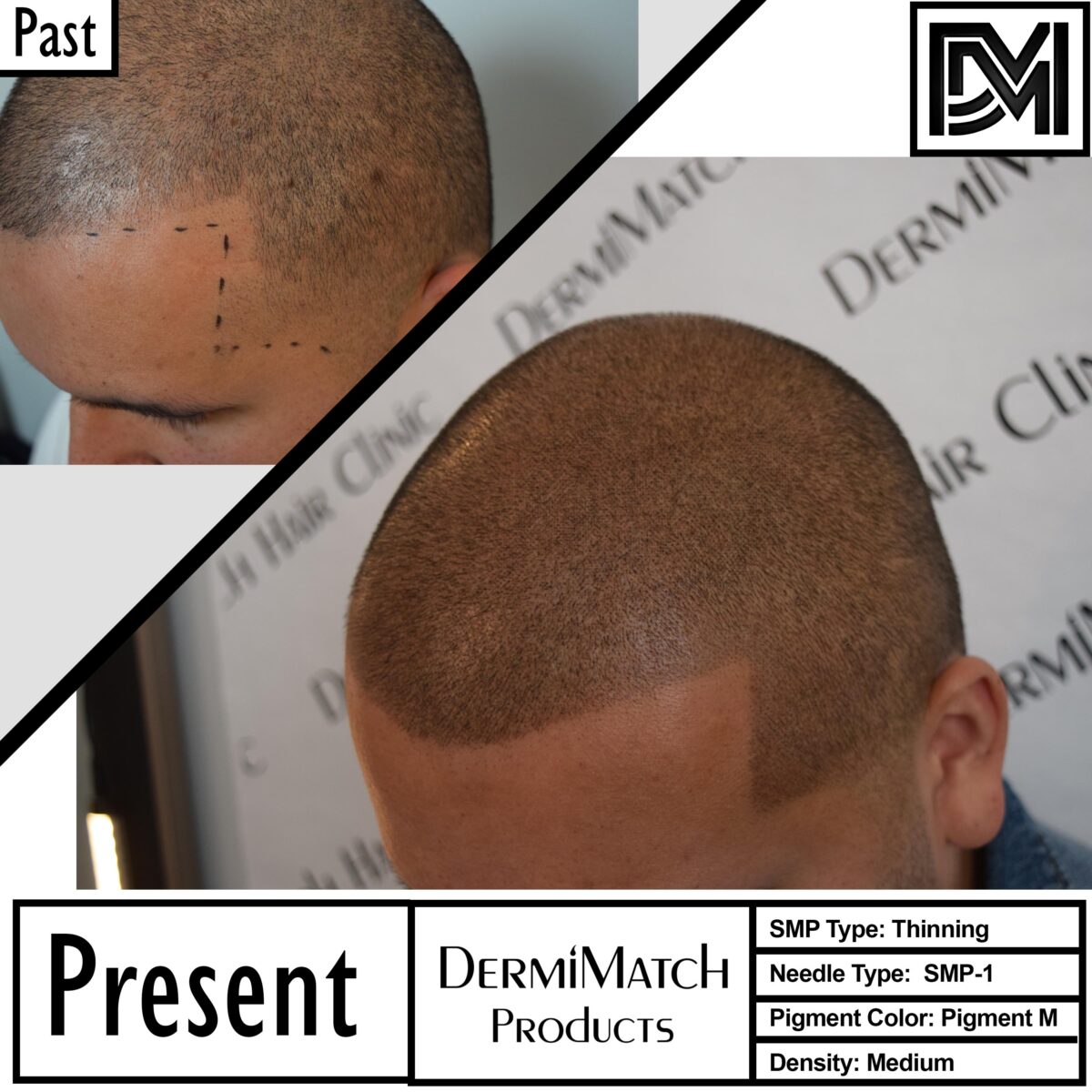Baldness doesn’t strike without warning. It comes after a series of hair fall incidents. Recognizing these early balding signs is crucial so you can address thinning hair before it progresses to baldness. What early balding signs should you watch out for?
A receding hairline is a classic indicator; your forehead may appear larger or your hairline may form an “M” shape. Excessive shedding is another red flag. Hair clusters on your pillow, in the shower drain, or your brush are all signs that your hair is thinning.
Early Balding Signs
Thinning at the crown makes your scalp more visible. That’s a signal of trouble. Besides, you might notice hair becoming finer, weaker, and losing vitality. Blame these symptoms on excess stress, poor scalp health, genetics, environmental factors, or hormonal changes. Identifying early balding signs early is a step toward hair loss prevention.
The earlier you detect hair thinning symptoms, the more options you have to stop the problem. Several natural remedies for hair loss can help. Besides, you will find many hair loss treatments. But you just do not need any remedy that claims to work and ends up doing nothing. Rather, you need a proven remedy that can do away with your problem and help you reclaim your self-esteem.
Several topical treatments, such as minoxidil, work on hair loss, but they work as long as the treatment is on. Their effect stops when the treatment is discontinued. If you can continue with treatment for a lifetime, go ahead with it or choose an alternative that promises to change the hair loss game once and for all.
Change the Hair Loss Game With Scalp Micropigmentation
If early balding signs have already dug in, scalp micropigmentation (SMP) might be the solution you seek. It is permanent and long-lasting because once you get it, there’s no looking back literally. What does that mean?
Well, that means, you can continue to wear your SMP look for a lifetime, requiring only a few touch-ups after some years of the treatment.
It is a non-surgical way to mimic a fuller head of hair.
Let scalp experts in Arizona take up your scalp job and leverage their skills and expertise in SMP to tattoo tiny pigment dots onto your scalp. They can create the impression of a buzz-cut look that you can wear for years.
SMP in Arizona offers a sophisticated solution for various hair loss concerns, from receding hairlines and thinning crowns to more challenging conditions like alopecia areata. For individuals noticing early signs of balding, SMP represents a compelling treatment option within the spectrum of available interventions.
People identifying early balding signs may find SMP particularly advantageous for several reasons:
- Provides immediate visual improvement without waiting periods
- Requires no ongoing medication with potential side effects
- Creates a definitive solution that doesn’t require daily maintenance
- Offers psychological relief during the early stages of hair loss progression
For those navigating the emotional and aesthetic challenges of hair loss, SMP offers a practical, low-maintenance solution. Done by Arizona SMP experts, it helps address the visual impact of balding while allowing you to maintain an active lifestyle without treatment-related restrictions.
Get help now. Find top scalp practitioners in Arizona at DermiMatch Clinic.

